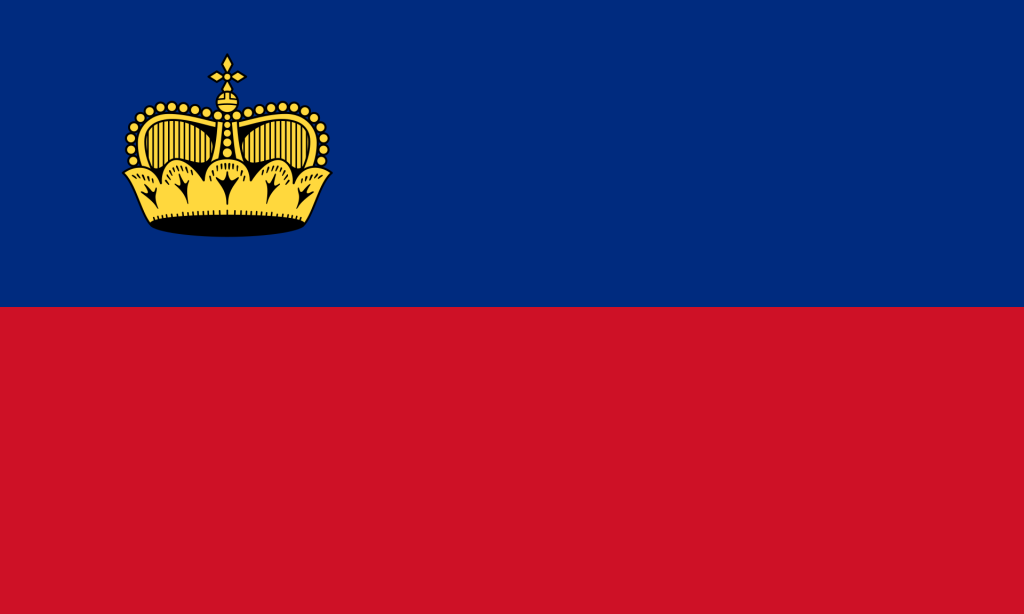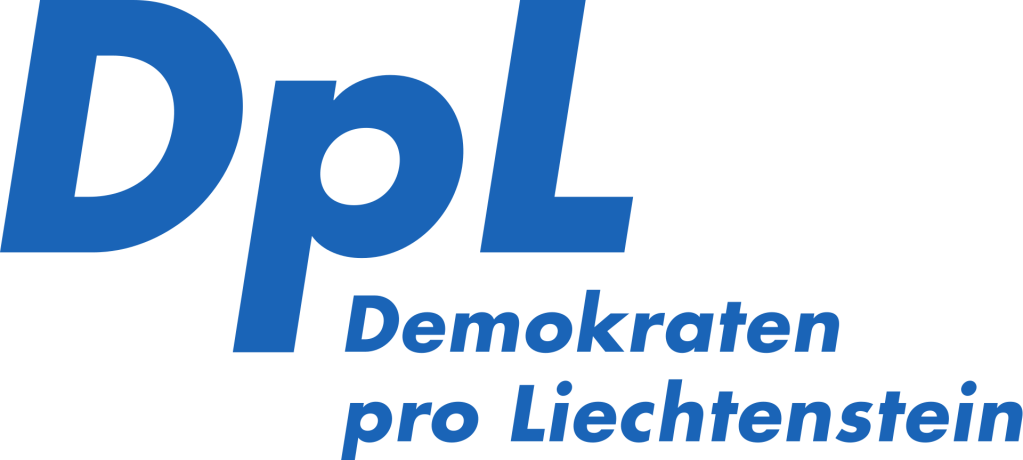
On 25 February, a referendum on direct elections for the government was held in Liechtenstein. It was rejected
The facts
The referendum was held after a popular initiative received enough signatures to go for a vote (1,994 were reached and 1,956 declared valid; a minimum of 1,500 are needed for a constitutional referendum). After it was rejected by the Landtag (the legislature, State Diet) by 22 votes to three, a binding referendum was triggered. Currently, the Prime Minister and four Cabinet members (the government) are chosen by the Landtag, and remains accountable to both it and the monarch (subject to votes of confidence). This proposal would provide for direct elections. Two members per constituency (of which there are two) would be elected to the cabinet, and the Prime Minister directly elected by the whole country. Each would have to be ratified by the Landtag, and the rejection of any would lead to snap elections for the Landtag. They would also still need to be ratified by the monarch; if they are not, then a by-election is held for the vacant position.
The amendment was proposed by the right-wing populist Democrats for Liechtenstein (DpL). However, it was opposed by the centre-right liberal Patriotic Union (VU).


In the end, the referendum received 9,309 (68.0%) of votes against, and 4,380 (32.0%) in favour. 1.8% were invalid or blank, and turnout was 66.5%. Therefore, it was rejected and the constitution remains the same. The next referendum will be over building a new state hospital.
Analysis
Referendums are common in Liechtenstein, but few seemed as consequential as this. At least one vote has been held in every year since 2017, but mostly on specific domestic issues rather than grand constitutional questions. In January, three votes were held: two successful attempts to block laws by the government to force mandatory solar panels and adopting EU energy laws, and a failed attempt by Democrats for Liechtenstein to make health records opt-in rather than opt-out. That’s not to say big issues haven’t been put to referendum: four votes were held before in 1984 voters finally decided to allow women’s suffrage, the last country in Europe to do so, while the role of the Prince, the monarch, who alongside his counterparts in Monaco and Vatican City is the only monarch with significant political powers left in Europe, has been questioned. His veto power has been controversial in Europe and among some Liechtensteiners, but is generally popular and removing it was rejected by a 3:1 margin in a 2012 vote. His riches, say locals, help Liechtenstein stay prosperous, and it is not worth risking that for more political rights. There is still a government, and Liechtenstein has been traditionally a two-party state. The parties emerged in the 1918 election after some changes were made to the constitution. These were the Progressive Citizens’ Party (FBP) and Christian-Social People’s Party (CSVP). The FBP was considered more conservative, the CSVP more liberal. During the 1930s, the Nazi movement rose not just in Germany, but in other European countries as well. The Liechtenstein Homeland Service (LHD) was the manifestation of this, but merged with the CSVP to form the Patriotic Union in 1936, and its members were co-opted and the FBP and VU resisted Nazism from taking root. A two-party system remained after the war in a pure form, and it took until 1986 for the Free List (FL) to run, emulating the green movement taking off in Europe in the 1980s that would join the canon of European political movements (along with far-left, social democrats, liberals, conservatives, far-right) in the decades to come. They won seats for the first time in the election of February 1993. In 2013, as the right-wing populist movement spread through Europe, The Independents (DU, German for ‘You’) won seats for the first time. They basically got replaced by Democrats for Liechtenstein due to intra-party drama regarding the expulsion of a member, and in the 2021 election DpL was in and DU was out. After that election, where a single person’s vote made the difference between the VU and FBP winning, a VU-FBP grand coalition was formed, with the VU’s Daniel Risch Prime Minister: the VU and FBP have ten seats each, the FL three, and DpL two. The next election is in 2025, and could have looked very different if this DpL proposal went through.

Liechtenstein’s voters are generally quite conservative, keeping the monarchy, and mostly voting against ‘progressive’ changes in referendums. However, they are also not incline to radical changes in general, even if they are proposed by the right wing. This was a strong rejection for the DpL’s suggestion, which would have hurt party politicians but helped celebrity maverick candidates, perhaps the type that may be attracted to the DpL. The current parliamentary system remains in place for next year’s election, but the referendums continue with a hospital debated in June.
Leave a comment